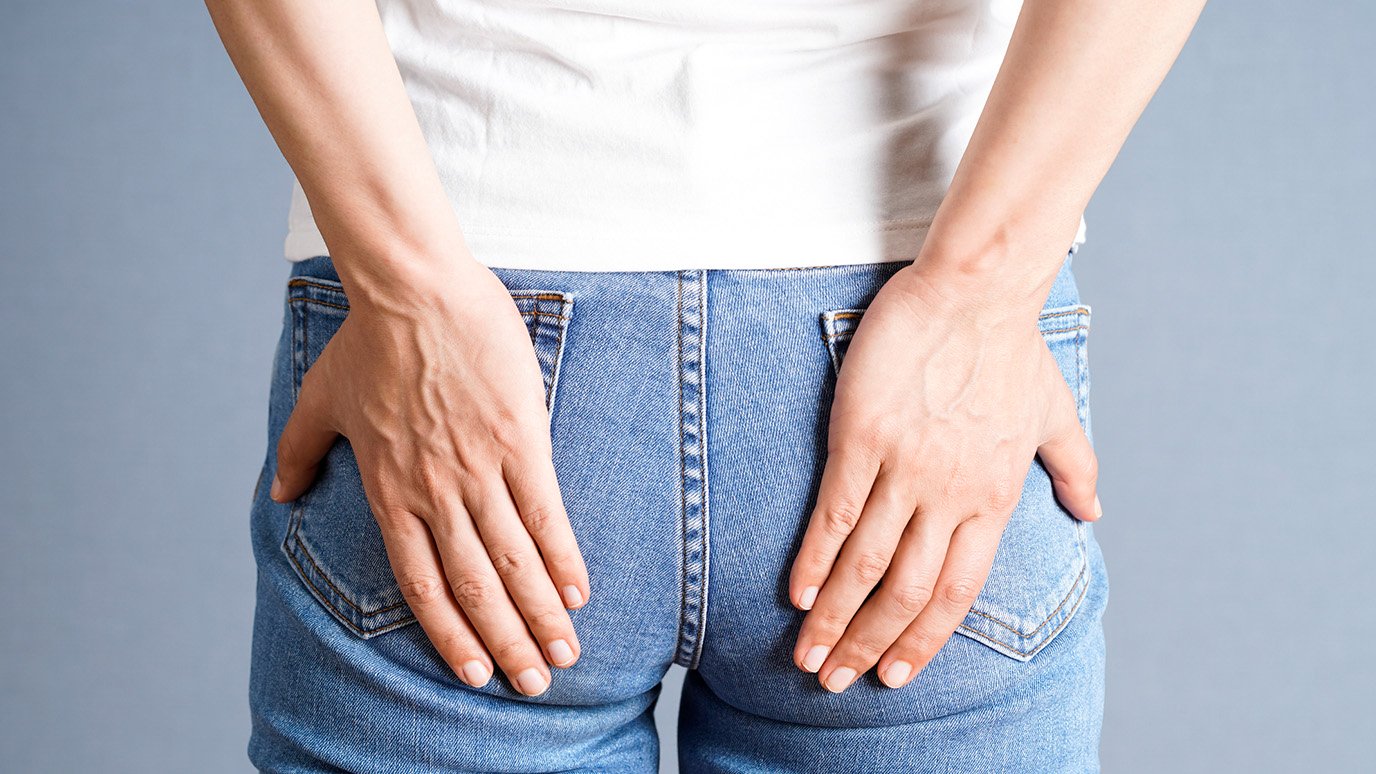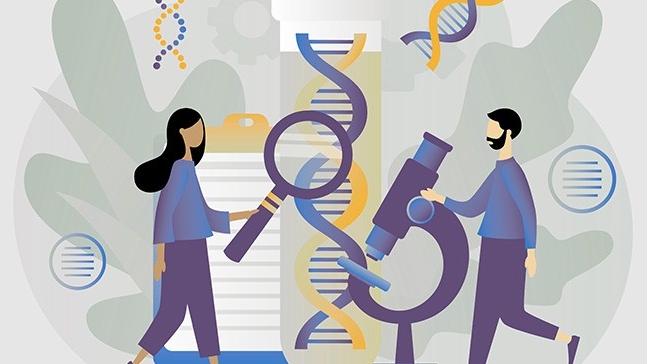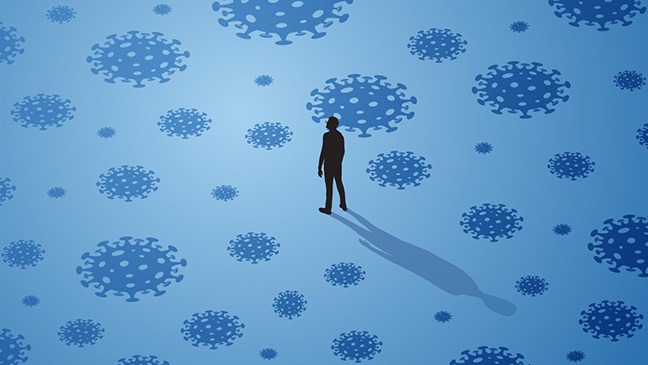Back
- Diseases
- Acoustic Neuroma (16)
- Adrenal Gland Tumor (24)
- Anal Cancer (70)
- Anemia (2)
- Appendix Cancer (18)
- Bile Duct Cancer (26)
- Bladder Cancer (74)
- Brain Metastases (28)
- Brain Tumor (234)
- Breast Cancer (726)
- Breast Implant-Associated Anaplastic Large Cell Lymphoma (2)
- Cancer of Unknown Primary (4)
- Carcinoid Tumor (8)
- Cervical Cancer (164)
- Colon Cancer (168)
- Colorectal Cancer (118)
- Endocrine Tumor (4)
- Esophageal Cancer (44)
- Eye Cancer (36)
- Fallopian Tube Cancer (8)
- Germ Cell Tumor (4)
- Gestational Trophoblastic Disease (2)
- Head and Neck Cancer (14)
- Kidney Cancer (130)
- Leukemia (342)
- Liver Cancer (50)
- Lung Cancer (286)
- Lymphoma (278)
- Mesothelioma (14)
- Metastasis (30)
- Multiple Myeloma (100)
- Myelodysplastic Syndrome (60)
- Myeloproliferative Neoplasm (6)
- Neuroendocrine Tumors (16)
- Oral Cancer (102)
- Ovarian Cancer (178)
- Pancreatic Cancer (160)
- Parathyroid Disease (2)
- Penile Cancer (14)
- Pituitary Tumor (6)
- Prostate Cancer (150)
- Rectal Cancer (58)
- Renal Medullary Carcinoma (6)
- Salivary Gland Cancer (14)
- Sarcoma (238)
- Skin Cancer (300)
- Skull Base Tumors (56)
- Spinal Tumor (12)
- Stomach Cancer (66)
- Testicular Cancer (28)
- Throat Cancer (92)
- Thymoma (6)
- Thyroid Cancer (100)
- Tonsil Cancer (30)
- Uterine Cancer (86)
- Vaginal Cancer (18)
- Vulvar Cancer (22)
- Cancer Topic
- Adolescent and Young Adult Cancer Issues (22)
- Advance Care Planning (12)
- Biostatistics (2)
- Blood Donation (18)
- Bone Health (8)
- COVID-19 (360)
- Cancer Recurrence (120)
- Childhood Cancer Issues (120)
- Clinical Trials (628)
- Complementary Integrative Medicine (22)
- Cytogenetics (2)
- DNA Methylation (4)
- Diagnosis (238)
- Epigenetics (6)
- Fertility (62)
- Follow-up Guidelines (2)
- Health Disparities (14)
- Hereditary Cancer Syndromes (128)
- Immunology (18)
- Li-Fraumeni Syndrome (8)
- Mental Health (122)
- Molecular Diagnostics (8)
- Pain Management (62)
- Palliative Care (8)
- Pathology (10)
- Physical Therapy (18)
- Pregnancy (18)
- Prevention (936)
- Research (390)
- Second Opinion (78)
- Sexuality (16)
- Side Effects (616)
- Sleep Disorders (10)
- Stem Cell Transplantation Cellular Therapy (216)
- Support (408)
- Survivorship (328)
- Symptoms (182)
- Treatment (1788)
Understanding the new HPV vaccine
3 minute read | Published December 11, 2014
Medically Reviewed | Last reviewed by an MD Anderson Cancer Center medical professional on December 11, 2014
Yesterday, the Food and Drug Administration (FDA) approved a new vaccine targeting nine types of the Human Papillomavirus (HPV), including five types that haven't been covered by other HPV vaccines.
To better understand this new HPV vaccine, known as Gardasil 9 or HPV 9, and what it means for preventing HPV-related cancers, we spoke with Lois Ramondetta, M.D., in Gynecologic Oncology and Reproductive Medicine. Here's what she had to say.
What is the new HPV vaccine, and what does types of HPV does it guard against?
This is the third FDA-approved HPV vaccine. The previous HPV vaccine, known as Gardasil, only protected against four strains of HPV. This one protects against nine different strains of HPV that have been linked to several types of cancer, including cervical cancer, anal cancer, penile cancer, oral cancer and head and neck cancers
This is the third FDA-approved HPV vaccine. The previous HPV vaccine, known as Gardasil, only protected against four strains of HPV. This one protects against nine different strains of HPV that have been linked to several types of cancer, including cervical cancer, anal cancer, penile cancer, oral cancer and head and neck cancers
This is great news for cervical cancer prevention. Whereas Gardasil was expected to prevent 70% of all cervical cancers, the new HPV vaccine will prevent closer to 90% of cervical cancers.
Keep in mind that these vaccines only work to prevent HPV. So, if you already have HPV, you can't get the vaccine to treat the HPV or to prevent HPV-related cancers.
Who should get the new HPV vaccine?
We're awaiting recommendations for this vaccine from the Centers for Disease Control's Advisory Committee on Immunization Practices (ACIP), but we anticipate that the recommendations for this HPV vaccine will be the same as those for the other two.
Currently, MD Anderson recommends that both girls and boys receive the HPV vaccine around age 11 to 12. This is when their immune systems respond best to the vaccine. Boys and girls can get the first two HPV vaccines as early as age 9 up to age 26.
If someone got one of the other HPV vaccines, should he or she get this one, too?
We're still waiting for ACIP recommendations about revaccination, but it's unlikely that those who've already gotten one of the other vaccinations will need to get this one, too.
We're still waiting for ACIP recommendations about revaccination, but it's unlikely that those who've already gotten one of the other vaccinations will need to get this one, too.
Women who've gotten an HPV vaccine -- any of them, including the HPV 9 -- still need to get regular HPV tests, as well as Pap tests, which help your doctor find and treat pre-cancers in your cervix before they turn into cancer.
Here are MD Anderson's current recommendations for Pap tests and HPV tests:
- Age 21 to 29: Pap test every three years
- Age 30 to 64: Pap test and HPV test every five years
- Age 65 and older: If you've had no suspicious Pap test or HPV test results in the past 10 years, speak with your doctor about whether you should continue screening.
If you're younger than age 30, you don't need an HPV test because your immune system is more likely to clear the virus on its own. But if your Pap test results are unclear, your doctor may suggest an HPV test to find out if follow-up care is needed.
Is this another three-shot series like the other two HPV vaccines?
Yes, like the other two HPV vaccines, this one is a series of three shots over six months. Your child must get all three shots for maximum protection from cancer.
Yes, like the other two HPV vaccines, this one is a series of three shots over six months. Your child must get all three shots for maximum protection from cancer.
That said, a possible two-shot series is currently being considered for the future.
Does HPV 9 have any known side effects?
The new HPV vaccine may temporarily cause a little more tenderness around the area of the shot. Otherwise, the side effects are the same as those of the other two HPV vaccines: swelling, pain, redness, muscle soreness and fever. The few reported relatively minor side effects of the earlier two HPV vaccines include fainting, dizziness, nausea, headaches and skin rash.
The new HPV vaccine may temporarily cause a little more tenderness around the area of the shot. Otherwise, the side effects are the same as those of the other two HPV vaccines: swelling, pain, redness, muscle soreness and fever. The few reported relatively minor side effects of the earlier two HPV vaccines include fainting, dizziness, nausea, headaches and skin rash.
Anything else you want parents to know?
Vaccinate both your sons and daughters. We expect that giving this vaccine to boys will prevent thousands of oropharyngeal cancers, penile, anal and vulvar cancers, as well as cervical cancer cases in women.
Vaccinate both your sons and daughters. We expect that giving this vaccine to boys will prevent thousands of oropharyngeal cancers, penile, anal and vulvar cancers, as well as cervical cancer cases in women.
We have some of the lowest HPV vaccination rates in the world. The HPV vaccine is an easy way to protect our children against many types of cancer. As a doctor and a mom, I think this should be a no-brainer for parents.

As a doctor and a mom, I think this should be a no-brainer for parents.
Lois Ramondetta, M.D.
Physician





